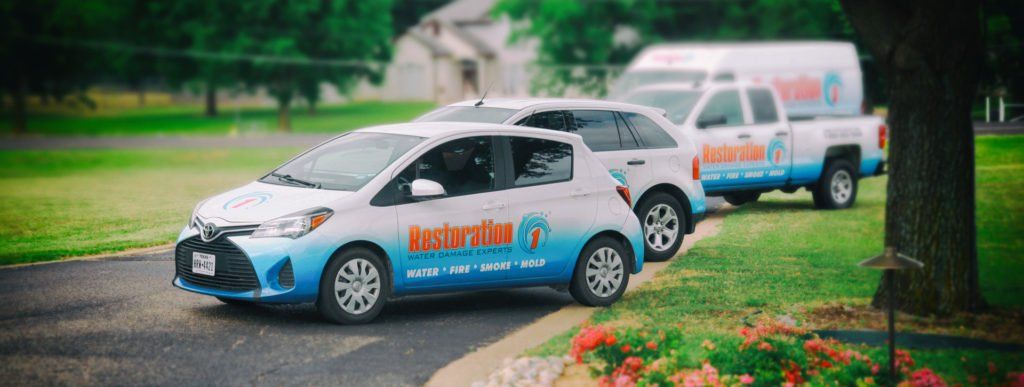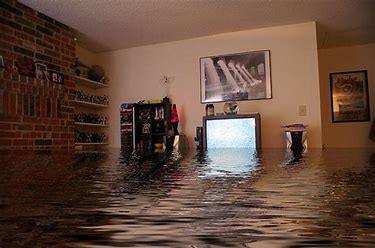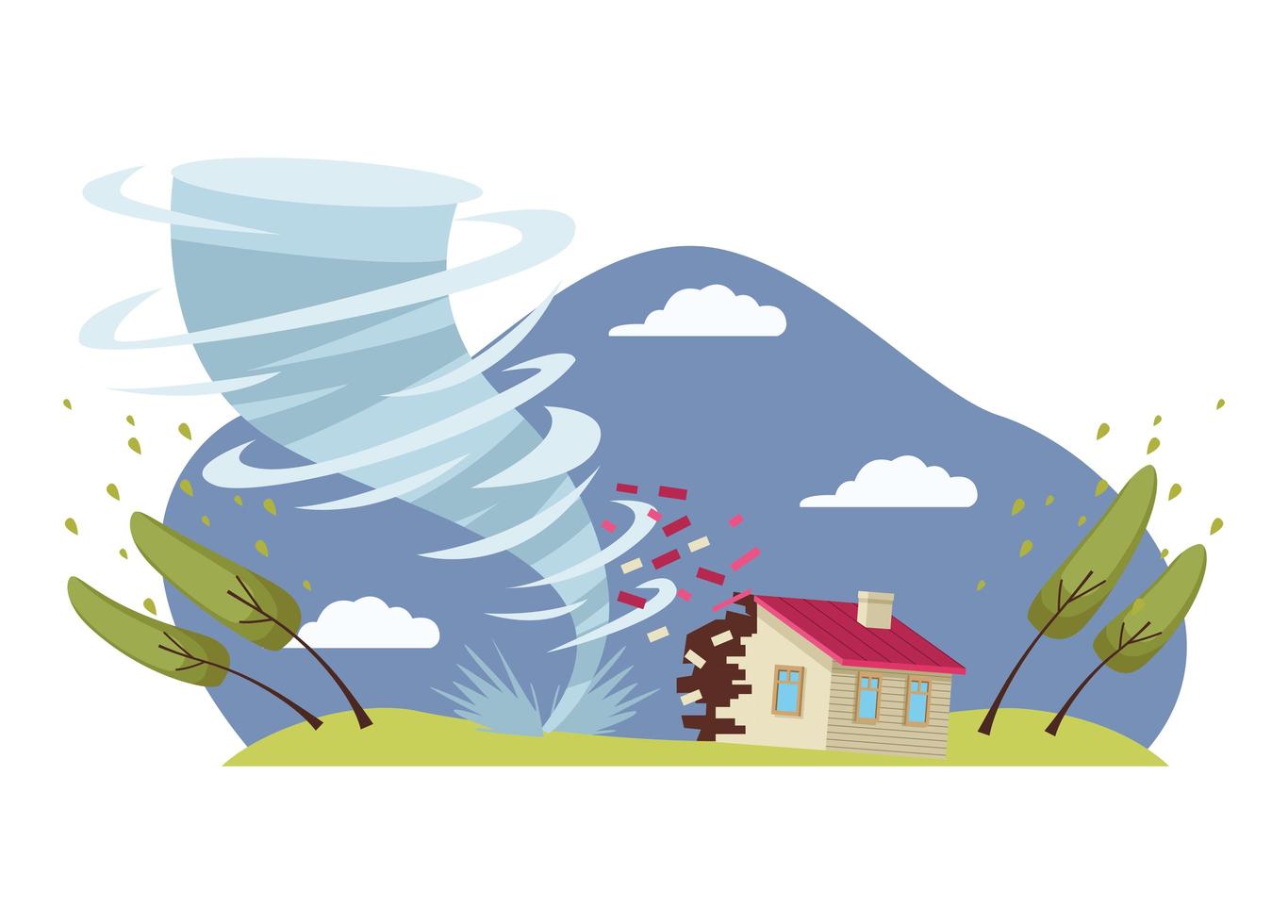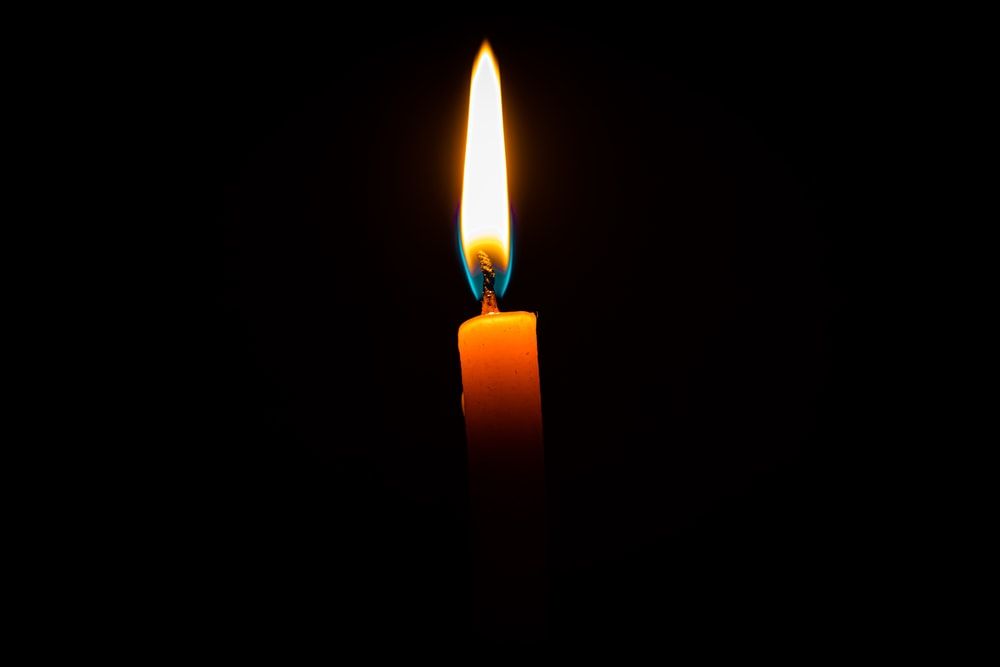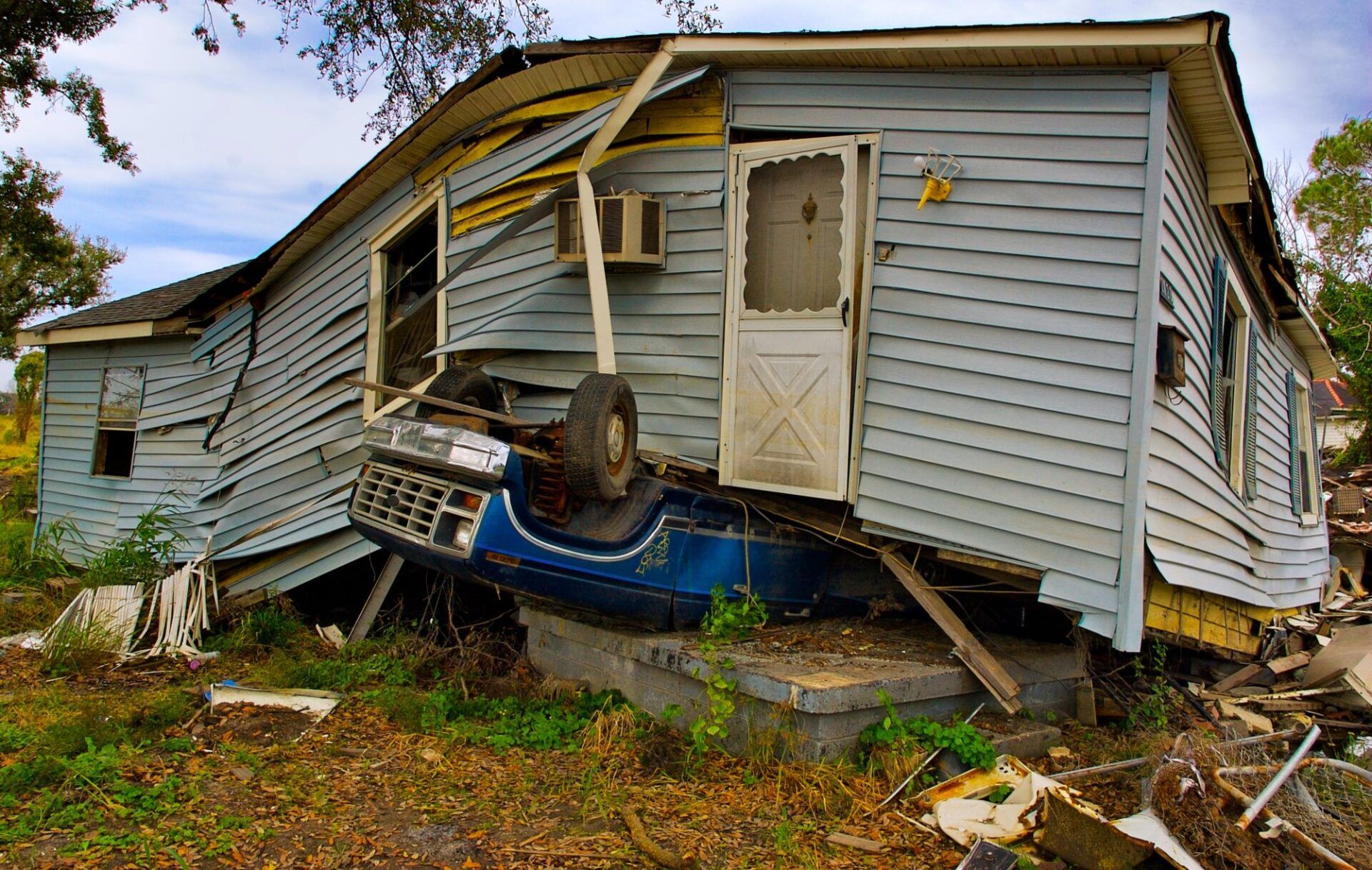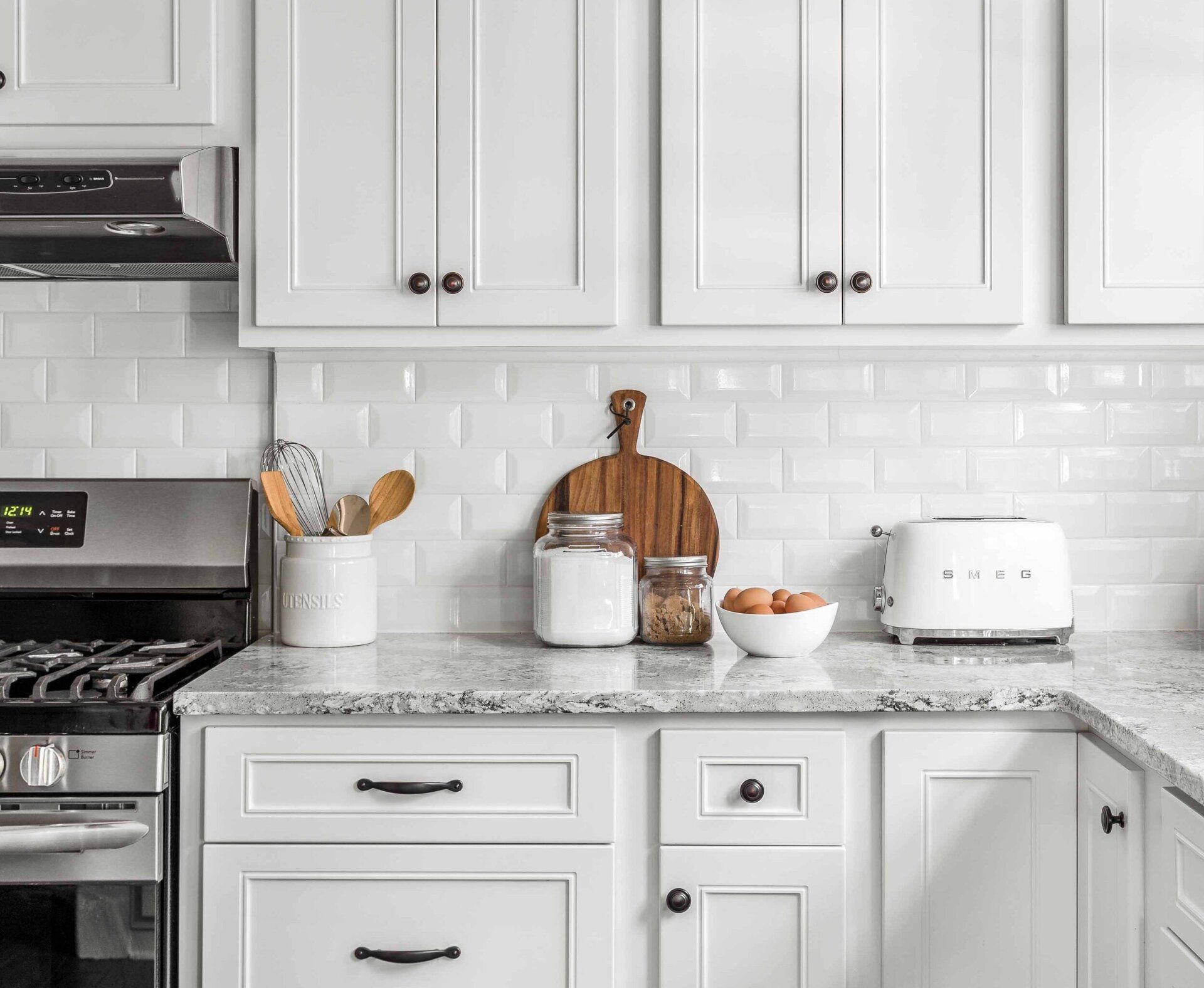Preventing Pipe Freezing
Preventing Pipe Freezing
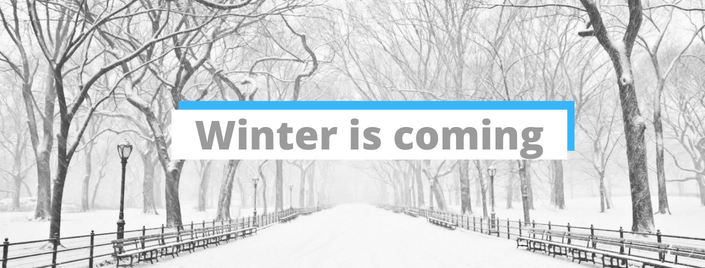
Water damage can occur in your home at any time of year, including during the fall and winter seasons. Burst pipes are a major source of water damage and interior flooding throughout the season. When the water in pipes freezes, they frequently break, sending up to 1000 gallons of water into your home in a single night. This much water has the potential to flood your home and cause extensive damage.
In the dead of winter, dealing with floods and water damage inside your house caused by a broken pipe is quite inconvenient. Fortunately, you may be able to minimize water damage caused by frozen pipes by making minor pipe repairs around the house in the fall. These tips will assist you in preparing the pipes inside and outside your home for the harsh winter weather and keeping them from freezing.
Taking care of your pipes outside the house
Pipe maintenance should start outside your house. Before the cold season starts, make sure you perform the following pipe maintenance tips:
Shut off sprinkler system: For the winter, turn off any sprinklers or irrigation systems in your yard. In cold weather, water within the system might freeze, causing damage to the sprinklers or system. It is also unnecessary to use the sprinkler system after the fall since plants go dormant when temperatures fall below a particular level.
Garden hose: Disconnect and drain your garden hose before storing it in your garage, shed, or inside your home. Turn off the outside water as well to avoid freezing faucets and hose bibs. Hose bibs can be further protected from freezing by using molded foam insulating coverings. Maintain open outside faucets to drain any extra water.
Seal the foundation: Examine the locations where outside pipes enter your property and caulk any gaps. Also, seal the foundation vents. You may help minimize excessive cold air entering the property and causing the pipes to freeze by closing off the vents and entrance points of the pipes.
Pipe Maintenance Tips Inside Your Home
Keeping your home warm throughout the winter will, for the most part, help prevent frozen pipes. However, there are certain additional precautions you should take in the winter to avoid frozen pipes:
Insulate your pipes: Pipes in uninsulated and unheated regions are more subject to freezing, as previously stated. Pipes in the basement, crawlspace, attic, garage and other similar locations are included. In these places, use insulated tape or molded pipe sleeves to cover any exposed pipes, valves, and pipe fittings. The more insulation you add, the better your pipes will be protected against freezing.
Wrap your pipes: Pipes might be wrapped in thermostatically controlled heat tape or heat wires instead of pipe insulation. Use heat tape and cables for their intended use, and follow the manufacturer's installation and operating instructions.
Seal air leaks: By injecting cold air into the system, air leaks increase the danger of frozen pipes. Examine your house for air leaks, particularly near doors and windows, as well as electrical lines, pipes, and dryer vents. Any found air leaks should be sealed with caulk or insulation.
Examine the main shut-off valve: Every house has a main shut-off valve that allows you to turn off the water completely. Check to see if this valve is in your home and if it is working. If a pipe in your home bursts, turn off the water at the main shutoff valve right away.
Throughout the winter, frozen pipes are extremely inconvenient, and if not thawed fast enough, they can break and cause flood damage. You may assist avoid frozen pipes and lessen the chance of pipe breaks in and around your house by completing the pipe maintenance in the autumn.
Even with rigorous maintenance, pipes can burst in the depth of winter. If a pipe bursts, remember to turn off the water and call Restoration 1 of Central Bucks County for water damage restoration. Our experts will remove the water from your property and repair any damage that has occurred.
